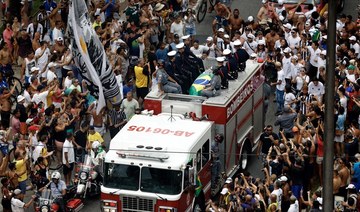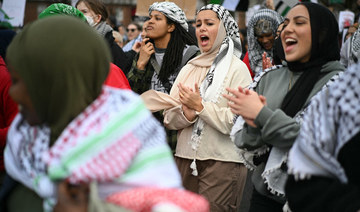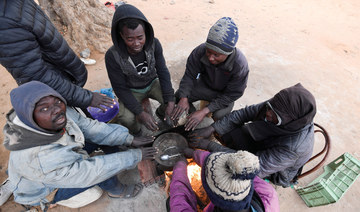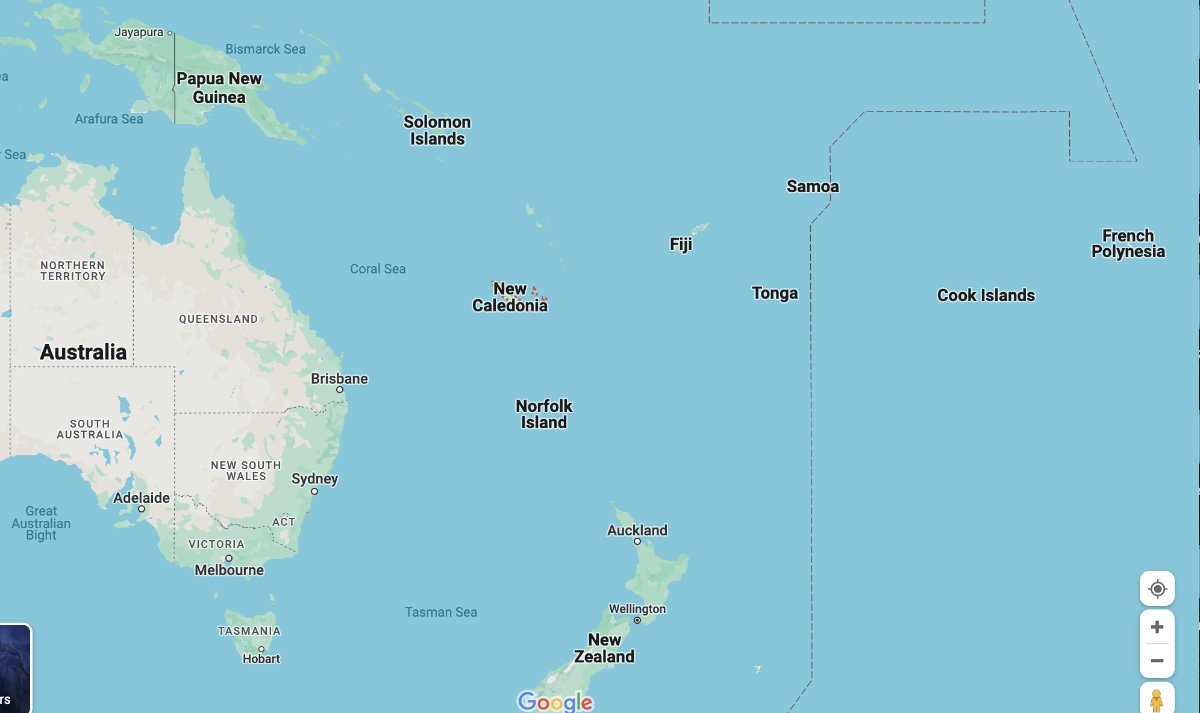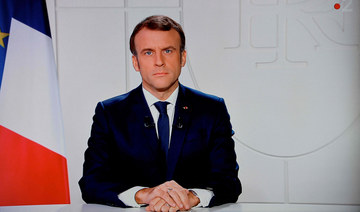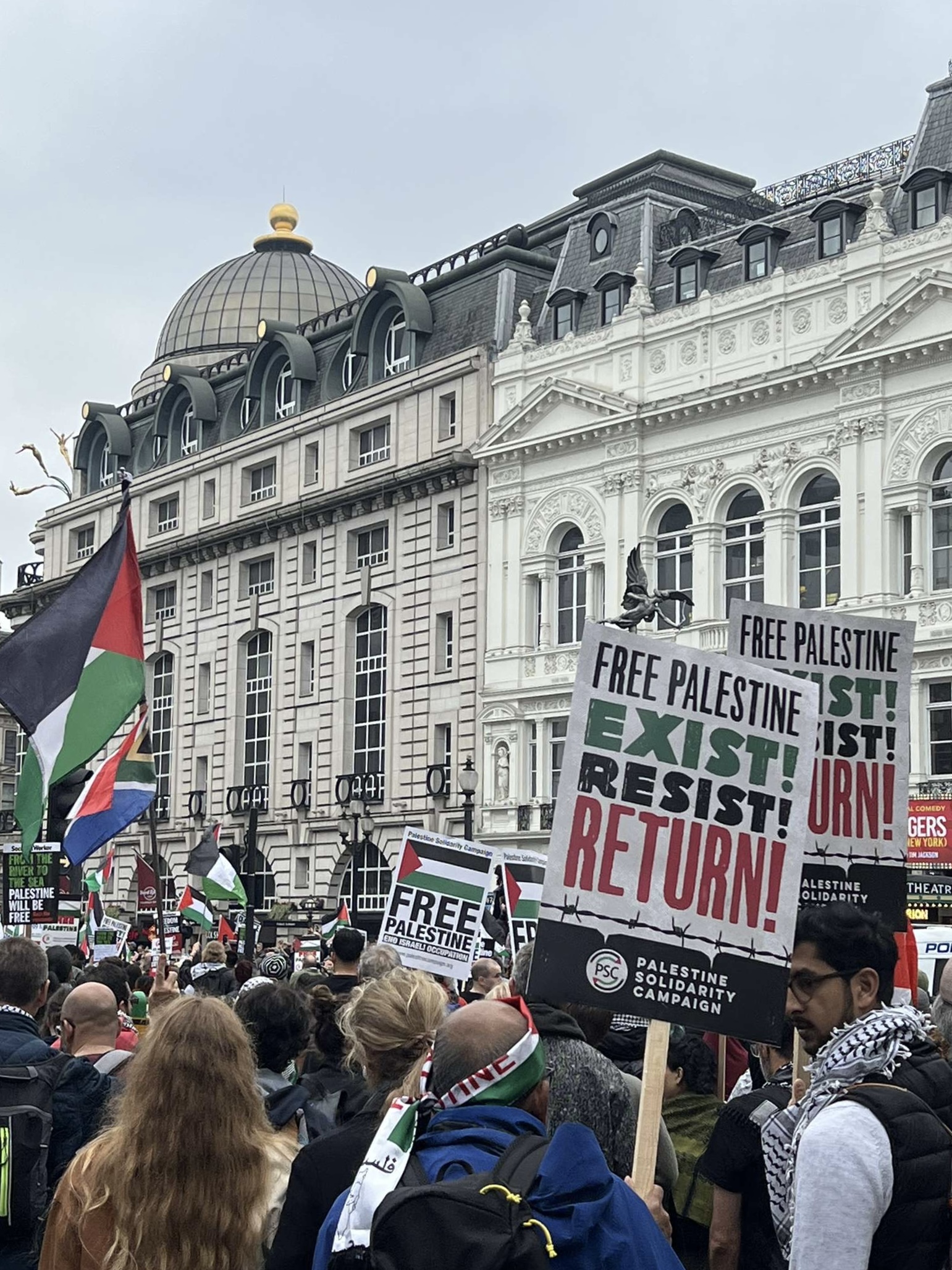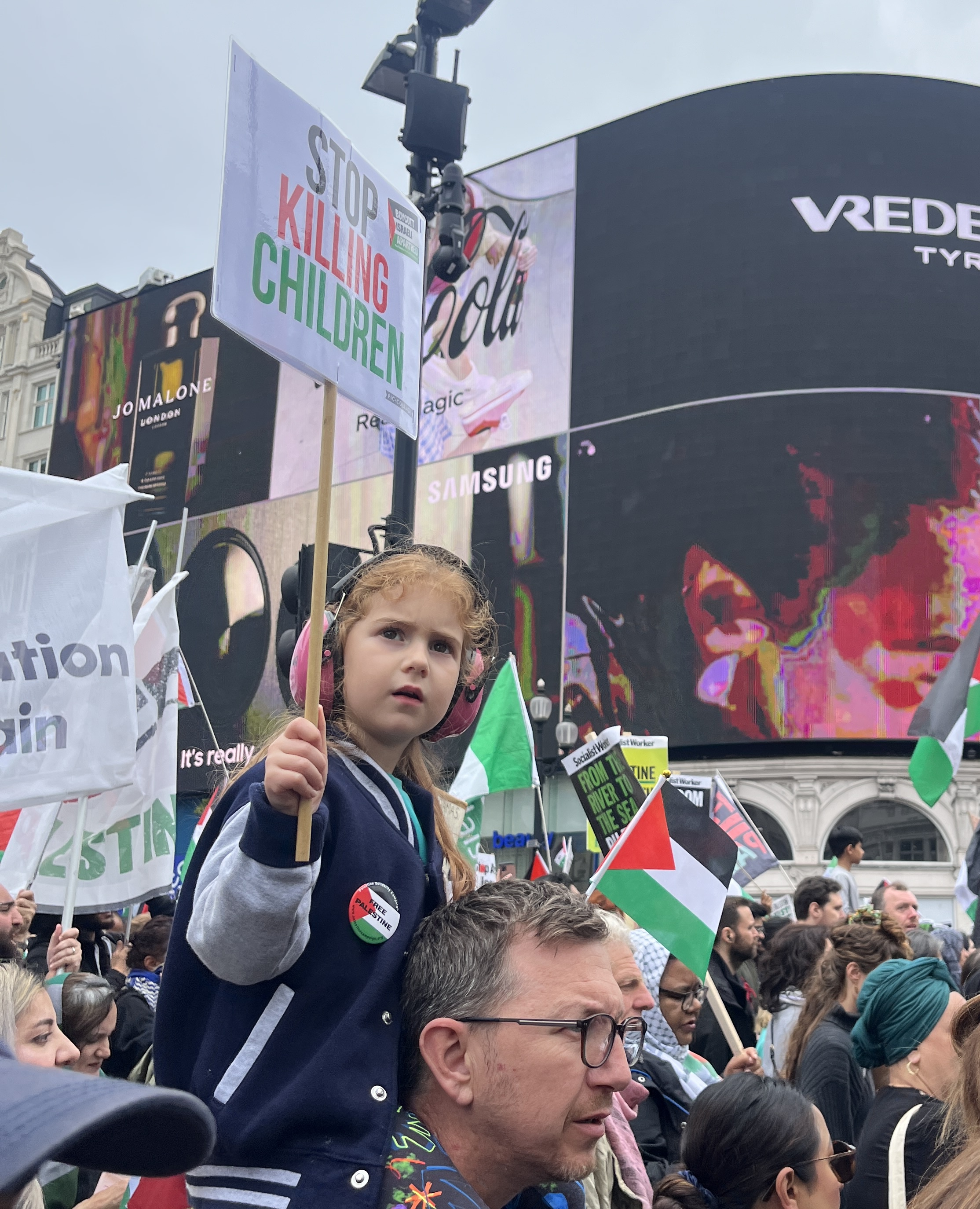RIO DE JANEIRO: Brazilian authorities were picking up pieces and investigating Monday after thousands of ex-President Jair Bolsonaro’s supporters stormed Congress, the Supreme Court and presidential palace then trashed the nation’s highest seats of power.
The protesters were seeking military intervention to either restore the far-right Bolsonaro to power or oust the newly inaugurated leftist Luiz Inácio Lula da Silva in scenes of chaos and destruction reminiscent of the Jan. 6, 2021, insurrection at the U.S. Capitol.
German Chancellor Olaf Scholz on Monday condemned the storming of key government buildings in Brazil by supporters of former president Jair Bolsonaro, saying the coordinated invasion represented an attack on democracy and cannot be tolerated.
“The violent attacks on democratic institutions are an attack on democracy that cannot be tolerated,” said Scholz in a tweet, adding that Germany stood behind Brazil’s current president, Luis Inacio Lula da Silva.
Rioters donning the green and yellow of the national flag on Sunday broke windows, toppled furniture, hurled computers and printers to the ground. They punctured a massive Emiliano Di Cavalcanti painting in five places, overturned the U-shaped table at which Supreme Court justices convene, ripped a door off one justice's office and vandalized an iconic statue outside the court. The monumental buildings' interiors were left in states of ruin.
British Prime Minister Rishi Sunak said on Monday he condemned any attempt to undermine the peaceful transfer of power and the democratic will of the people of Brazil, after supporters of former President Jair Bolsonaro ransacked government buildings.
Sunak said on Twitter that Brazil’s new leader President Luiz Inacio Lula da Silva and his government “has the United Kingdom’s full support.”
In a news conference late Sunday, Brazil's minister of institutional relations said the buildings would be inspected for evidence including fingerprints and images to hold people to account, and that the rioters apparently intended to spark similar such actions nationwide. Justice Minister Flávio Dino said the acts amounted to terrorism and coup-mongering and that authorities have begun tracking those who paid for the buses that transported protesters to the capital.
“They will not succeed in destroying Brazilian democracy. We need to say that fully, with all firmness and conviction,” Dino said. “We will not accept the path of criminality to carry out political fights in Brazil. A criminal is treated like a criminal.”
So far, 300 people have been arrested, the federal district’s civil police said on Twitter.
China Monday said it “firmly opposes the violent attack” on government buildings in the Brazilian capital, after hundreds of supporters of ex-president Jair Bolsonaro stormed the country’s Congress, the presidential palace and the Supreme Court.
“China closely follows and firmly opposes the violent attack on the federal authority in Brazil on January 8,” foreign ministry spokesman Wang Wenbin said, adding Beijing “supports the measures taken by the Brazilian government to calm the situation, restore social order and safeguard national stability.”
In the months that followed Bolsonaro’s Oct. 30 electoral defeat, Brazil was on edge – leery of any avenue he might pursue to cling to power. Bolsonaro had been stoking belief among his hardcore supporters that the electronic voting system was prone to fraud — though he never presented any evidence. And his lawmaker son Eduardo Bolsonaro held several meetings with Trump, Trump's longtime ally Steve Bannon and his senior campaign adviser, Jason Miller.
Results from Brazil's election — the closest in over three decades — were quickly recognized by politicians across the spectrum, including some Bolsonaro allies, as well as dozens of governments. And Bolsonaro surprised nearly everyone by promptly fading from view. He neither conceded defeat nor emphatically cried fraud, though he and his party submitted a request to nullify millions of votes that was swiftly dismissed.
Brazilians have used electronic voting since 1996. Election security experts consider such systems less secure than hand-marked paper ballots because they leave no auditable paper trail. Brazil’s system is, however, closely scrutinized and domestic authorities and international observers have never found evidence of it being exploited to commit fraud.
Still, Bolsonaro's supporters refused to accept results. They blocked roads and camped outside military buildings, urging the armed forces to intervene. Protests were overwhelmingly peaceful, but isolated threats of terrorism — including a bomb found on a fuel truck headed to Brasilia’s airport — had prompted security concerns.
Two days before Lula's Jan. 1 inauguration, Bolsonaro flew to the U.S. and took up temporary residence in Orlando. Many Brazilians expressed relief that, while he declined to participate in the transition of power, his absence allowed it to occur without incident.
Or so it had been, until Sunday's havoc.
“Bolsonarism mimics the same strategies as Trumpism. Our Jan. 8 — an unprecedented manifestation in Brazilian politics — is clearly copied from Jan. 6 in the Capitol,” said Paulo Calmon, a political science professor at the University of Brasilia. “Today’s sad episodes represent yet another attempt to destabilize democracy and demonstrate that the authoritarian, populist radicalism of Brazil's extreme right remains active under the command of former President Bolsonaro, the ‘Trump of Latin America.'”
U.S. President Joe Biden tweeted that the riots were an “assault on democracy and on the peaceful transfer of power in Brazil,” and that he looked forward to continue working with Lula.
In a news conference from Sao Paulo state, Lula read a freshly signed decree for the federal government to assume control of security in the federal district. He said that the so-called “fascist fanatics,” as well as those who financed their activities, must be punished, and also accused Bolsonaro of encouraging their uprising.
Bolsonaro repudiated the president's accusation late Sunday. Writing on Twitter, he said peaceful protest is part of democracy, but vandalism and invasion of public buildings are “exceptions to the rule.” He made no specific mention of the protesters' actions in Brasilia.
“He is evidently the intellectual mentor of what is happening, so he cannot dissociate from it,” said Mario Sérgio Lima, political analyst at Medley Advisors. “These groups were created by him, by the radicalism he imposed on politics. There is no way to undo that. ... It seems his group has already crossed the Rubicon.”





